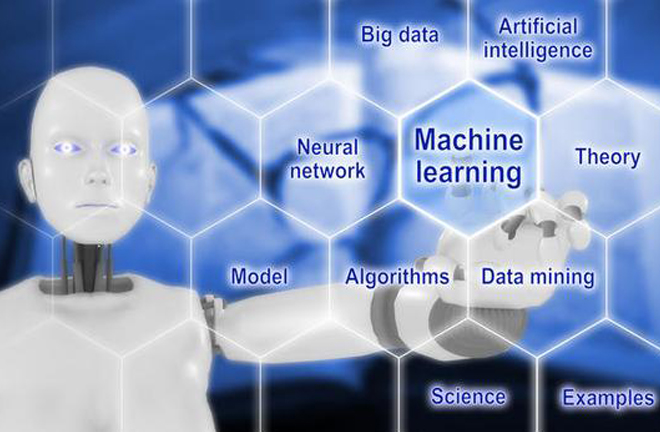Econometrics helps optimize public policy

Machine learning can improve econometrics by filtering non-relevant variables and selecting the most key explanatory variables. Photo: FILE
In recent years, economic research has made important contributions to China’s high-quality development, and econometrics research methods have been widely used in evaluating the effectiveness of public policy.
Fang Ying, a professor at the Wang Yanan Institute for Studies in Economics at Xiamen University, said that based on economics and statistics and with socio-economic data as its main research object, econometrics mainly aims to identify the laws of socio-economic development. The application of econometrics in scientific decision-making is mainly reflected in policy design and policy evaluation. In order to avoid blind decision-making, we should try to conduct quantitative analysis on policy objectives, coverage, content and potential interferences and risks. However, the actual effect of policy implementation is often restricted to specific realities. Therefore, in the stage of policy design, it is also necessary to comprehensively use the analytical tools of behavioral economics and experimental economics and fully consider the interaction of different subjects. After a policy is in place, we should objectively evaluate the specific effects of the policy and thus provide a scientific decision-making basis for the next policy adjustment and optimization.
Zeng Kanghua, director of the Department of Finance at Central University of Finance and Economics, said that from an economic perspective, the government can analyze data acquired from people’s behavior to discover their consumption preferences and formulate corresponding management measures. In this way, the measures will be more targeted and effective. It can be said that the application of econometrics plays a positive role in improving national governance ability and scientific decision-making ability.
Lou Feng, a research fellow at the Institute of Quantitative and Technical Economics at the Chinese Academy of Social Sciences, said that there have been many cases of the application of econometric models in China’s past fiscal policy design. Many countries such as the United States and Australia often use econometric models to simulate and analyze at the strategic level before policy adoption. With the rapid development of econometric frontier theory and new technologies such as artificial intelligence and big data, it is possible to conduct accurate “scientific experiments” on policy simulation and evaluation.
Wang Weiguo, vice president of Dongbei University of Finance and Economics, said that the development of new technologies has a significant role in promoting econometrics. The first is to change the research scope from causal recognition to prediction. The core task of econometrics is parameter estimation, testing and prediction. However, people have been paying more attention to the parameter estimation and testing based on causality recognition with little attention to prediction. Compared with econometrics, machine learning is more concerned with forecasting. The second is to facilitate the selection of variables. When the amount of data is very large, the calculation will be very difficult. This requires some methods to filter non-relevant variables and select the most key explanatory variables. At this point, machine learning has its place.
To strengthen the important role of econometrics in scientific decision-making, attention should be paid to the following aspects. First, we should cultivate more talent in econometric teaching, scientific research and application. Second, considering data is the basis of quantitative analysis, governments at all levels should further strengthen the collection, arrangement and publishing of various forms of socio-economic data to improve data quality. At the same time, we can seize the opportunity of China’s information-based development strategy and collect and use various types of big data. Third, in the process of policy design and evaluation, we must act based on data, but not merely on data. We should comprehensively adopt methods and tools of econometrics, behavioral economics, experimental economics, systems engineering and theoretical economics for more scientific decision-making, Fang said.
Wang said that we should be careful about the applicable conditions and technical requirements of various policy evaluation methods to avoid misuse. Furthermore, new technologies such as machine learning and big data can be integrated into econometric theory and methods. At the same time, it is necessary to develop econometric models suitable for China’s own national conditions. Due to the fact that China has been experiencing dynamic reforms, it cannot simply apply a certain existing econometric model.
edited by JIANG HONG
